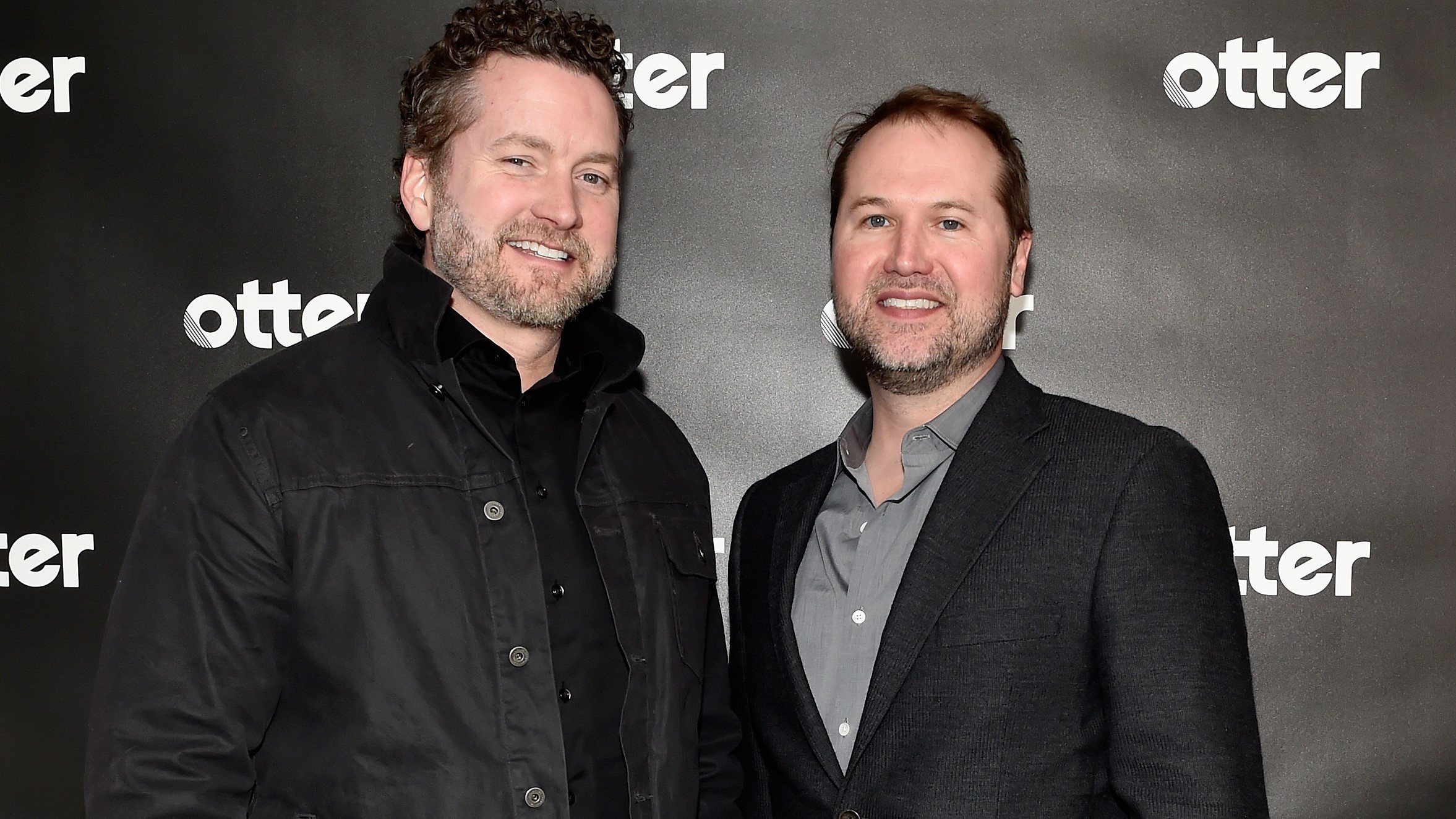After two decades of pioneering digital content, Rooster Teeth, a prominent name in gaming, comedy, and fandom entertainment, is ceasing operations. Warner Bros. Discovery (WBD), the parent company, announced the shutdown following unsuccessful attempts to sell the Austin-based division. This decision marks the end of an era for a company that significantly shaped online video and content creation.
Rooster Teeth General Manager Jordan Levin delivered the news at an all-hands meeting and subsequently in a memo to the staff, revealing that approximately 150 full-time employees will be laid off. Dozens of contractors and content creators will also be impacted by this closure, signaling a significant shift in the digital media landscape.
Levin’s memo, obtained by Variety, cited “challenges facing digital media resulting from fundamental shifts in consumer behavior and monetization across platforms, advertising, and patronage” as the primary reasons for the shutdown. He emphasized that despite Warner Bros. Discovery’s continued investment in Rooster Teeth since acquiring it from AT&T, the economic realities of the digital media industry made the decision unavoidable.
Warner Bros. Discovery acknowledged Rooster Teeth’s contributions in a statement, thanking the “groundbreaking creators and partners, and the strong management team, for their many years of success.” The company is currently exploring options to sell the rights to Rooster Teeth’s extensive content catalog and intellectual property, including well-known titles such as the anime-inspired series “RWBY,” the long-running machinima series “Red vs. Blue,” and Michael B. Jordan’s animated series “Gen:Lock.” Furthermore, the Roost podcast network, which includes shows covering gaming, true crime, fandom, comedy, and food, is also being offered for sale and will continue to operate in the interim.
Rooster Teeth’s journey began in 2003, founded by Burnie Burns, Matt Hullum, Geoff Ramsey, Jason Saldaña, Gus Sorola, and Joel Heyman. The company rose to prominence well before the widespread adoption of platforms like YouTube, achieving early viral success with “Red vs. Blue.” This series, born from in-game capture in Halo, popularized machinima and established Rooster Teeth as a pioneering force in online video content. The name “Rooster Teeth” itself originated from a humorous subtitle error in the “Red vs. Blue” trailer.
The company celebrated its 20th anniversary just last year, launching new logos and the tagline “Just Playing,” reflecting its enduring spirit of fun and creativity. However, despite its cultural impact and dedicated fanbase, Rooster Teeth has faced financial headwinds for the past decade, operating at a loss.
Rooster Teeth’s ownership has changed hands several times over the years. Starting as an independent entity, it was acquired by Fullscreen in 2014, which was subsequently bought by Otter Media (a joint venture between AT&T and the Chernin Group). Eventually, through the acquisition of WarnerMedia by Discovery in 2022, Rooster Teeth became part of Warner Bros. Discovery. Jordan Levin was appointed as Rooster Teeth’s general manager in 2019 as part of a restructuring, with founders like Matt Hullum, Burnie Burns, and Geoff Ramsey transitioning into different creative roles. Burnie Burns later departed from Rooster Teeth in 2020.
Rooster Teeth was an early adopter of subscription models, launching its subscription video-on-demand service, later rebranded as First in 2016. While the service once boasted around 225,000 subscribers at its peak, driven by the popularity of shows like “RWBY” and “Gen:Lock,” that number had declined to approximately 60,000. Warner Bros. Discovery will be communicating with subscribers regarding the shutdown of the First service.
At its largest, Rooster Teeth employed over 400 staff members. However, despite repeated attempts to streamline operations and achieve profitability through headcount reductions and diversification into merchandise and fan conventions like RTX, the company struggled to overcome the economic challenges of the evolving digital media landscape. The cancellation of RTX 2024, announced recently, further underscored these difficulties, with Levin stating that the event had never been profitable.
Adding to its challenges, Rooster Teeth faced internal controversies. In 2022, the company issued a public apology for “hateful and hurtful” conduct towards employees following allegations of harassment, underpayment, and marginalization from a former staff member.
In his memo, Levin reflected on Rooster Teeth’s 21-year legacy, highlighting its pioneering contributions to animation, comedy, and gaming content online. He noted the broader industry trend of closures due to shifting monetization models, platform algorithms, and advertising pressures. He also acknowledged the poignant timing of the final season of “Red vs. Blue” coinciding with the company’s closure, emphasizing that Rooster Teeth’s legacy extends beyond content to the lasting impact it has had on creators, community, and the digital media industry itself. The shutdown of Rooster Teeth is not just the end of a company, but a reflection of the turbulent and ever-changing nature of digital media in the 21st century.

